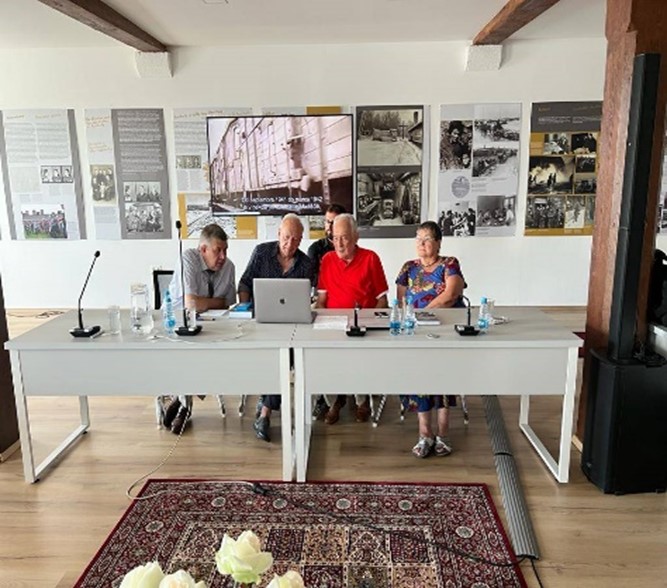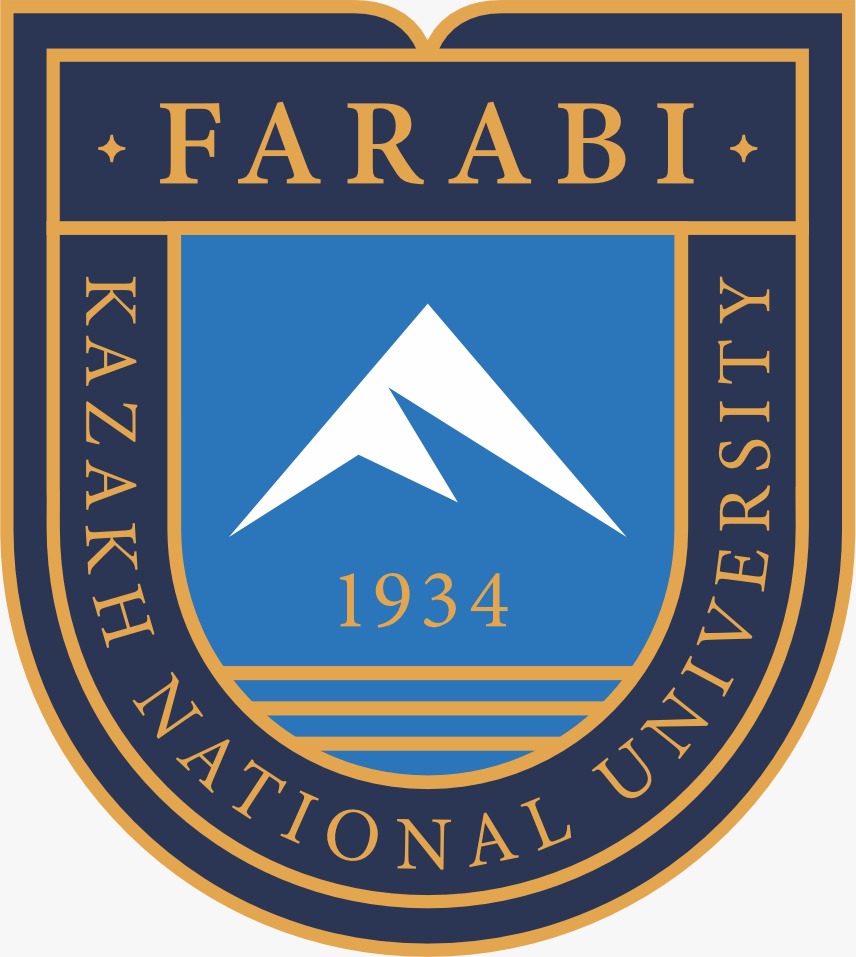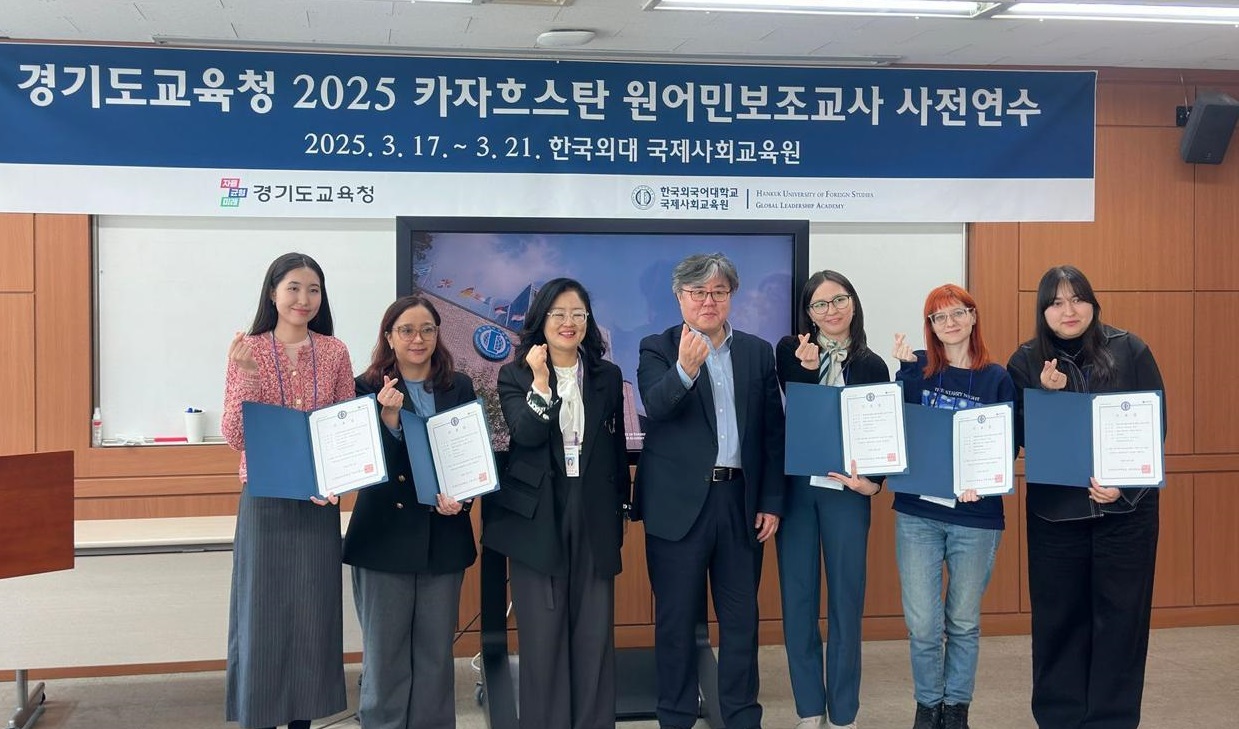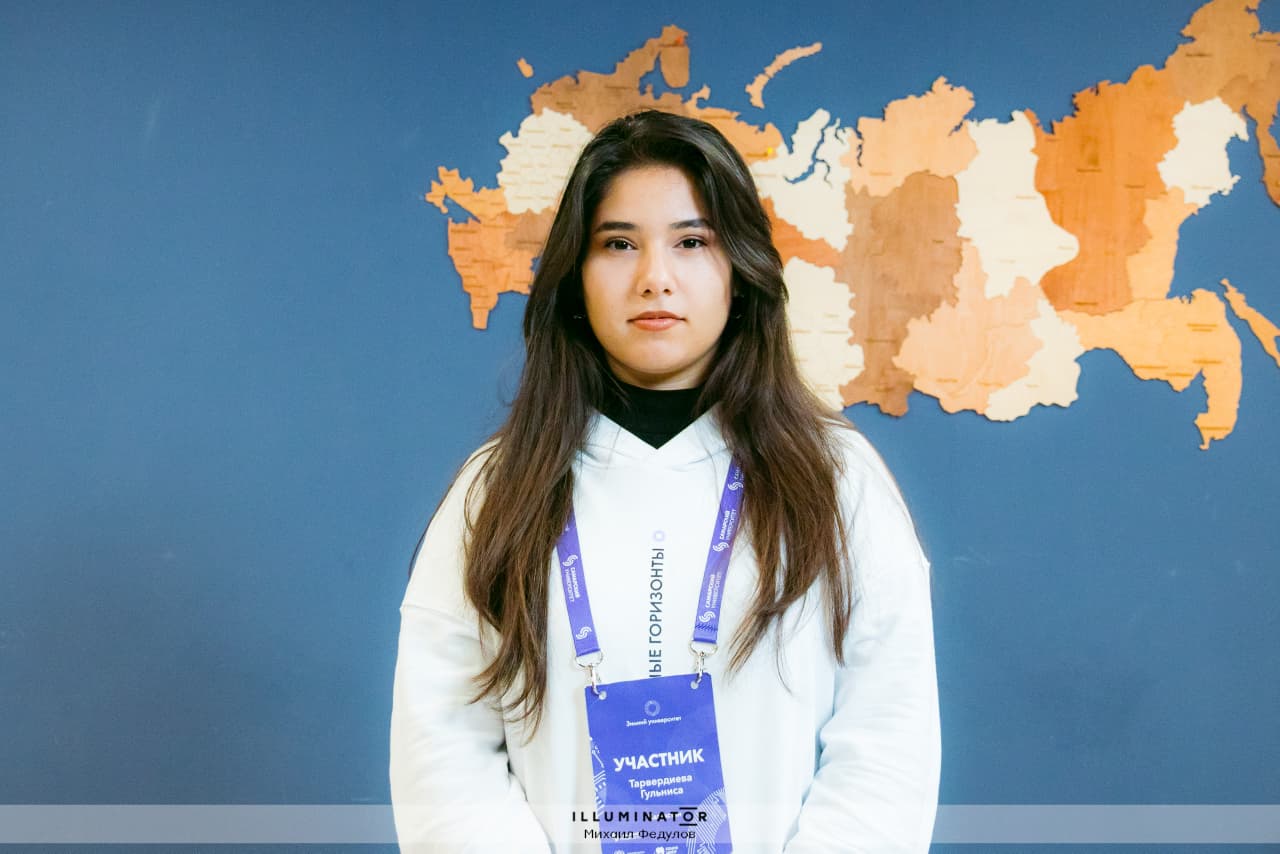- Main
- Science
- KazNU scientists at a working meeting on the preparation of the international scientific conference "Immortal Names"
KazNU scientists at a working meeting on the preparation of the international scientific conference "Immortal Names"

On July 31, 2023, the International Research Center of the Second World War in Maribor (Republic of Slovenia) hosted a workshop on the preparation of the International Scientific Conference "Immortal Names", organized by the leadership of the MIT Maribor and the Assembly of Peoples of Eurasia.
The meeting was attended by:
- Director of MIC Maribor Janez Ujcic;
- Deputy Secretary General of the Assembly of Peoples of Eurasia Valery Ruzin;
- Slovenian research historian Dr. Daniel Sitter;
- Chairman of the Council on Historical Memory of the Assembly of Peoples of Eurasia, Doctor of Historical Sciences, Professor Laila Akhmetova (Kazakhstan), etc.
The director of the MIT Maribor Yanez Uychich informed the participants of the meeting about the established personal data of prisoners of the Stalag 18 D Nazi camp from Kazakhstan, Kyrgyzstan, Tajikistan, Turkmenistan, Uzbekistan and announced his readiness to hold together with the Assembly of Peoples of Eurasia in November 2023 an international scientific conference "Immortal Names" dedicated to the establishment and preservation of personal data of Soviet prisoners of war Stalag 18D and Soviet citizens - members of the resistance in Slovenia. It is planned to invite historians and representatives of veterans' organizations from Azerbaijan, Belarus, Kazakhstan, Kyrgyzstan, Tajikistan, Turkmenistan, Uzbekistan and Slovenia to participate in the conference.
In Stalag 18 D from 1941 to 1942, along with other Soviet prisoners of war, natives of Kazakhstan, Kyrgyzstan, Tajikistan, Turkmenistan, Uzbekistan were killed, among others. A number of surnames of soldiers of the Red Army of natives of Kazakhstan and Uzbekistan, identified as a result of the work of employees of the Maribor Research Center, were given. Work has begun on the creation of the section "Memory Book. Slovenia, Maribor" on the media Platform "History Network". The message aroused considerable interest.
The participants of the meeting from Kazakhstan and Uzbekistan reported that in their countries they pay great attention to the preservation of historical memory.
For their part, the participants of the meeting are ready to make every effort to organize the search for descendants and to visit the Maribor MITZ and the Stalag 18 D Museum by the descendants of the deceased prisoners living in their countries.
All participants of the workshop stressed their interest in continuing cooperation.
Historical events:
Maribor Concentration Camp 1941-1944.
Thematic sites: Eurasian Community, History, Culture, Art, Museums, International cooperation, Patriotism, Compatriots, Fellow countrymen, diasporas
Regional sites: Azerbaijan, Central Asia, Belarus, Eurasian Economic Union (EAEU), Eastern Europe, European Union, Caucasus, Kazakhstan, Kyrgyzstan, (Kyrgyzstan), Slovenia, Commonwealth of Independent States, Union State of Belarus, USSR, Tajikistan Republic, Turkmenistan (Turkmenistan), Uzbekistan, Uzbekistan - Tashkent, The SCO is the Shanghai Cooperation Organization.
As part of a working visit to the International World War II Research Center in Maribor, Chairman of the Assembly Council for Historical Memory Laila Akhmetov (Kazakhstan) visited the village of Kumrovets in Croatia – the birthplace of the legendary leader of Yugoslavia, Joseph Broz Tito.
Establishing a partnership in the name of preserving historical memory and finding Kazakh and Kazakh prisoners of war in Maribor, and in Croatia it is an anti-fascist movement.
There was a meeting with the chairman of the Union of Anti-Fascist Fighters and Anti-Fascists (SABA) of the Republic of Croatia Franjo Habulin. Representatives of the countries discussed the possibilities of cooperation in preserving the historical heritage of the peoples of Eurasia – the legacy of the Victory of the Allied Forces over fascism in World War II. The partnership strategy will be presented to the Assembly shortly. It will be based on cultural, socio-historical and scientific areas of work. Franjo Khabulin is a well–known public figure in Europe and works to protect European security. One of his projects is the Zagreb Format.


